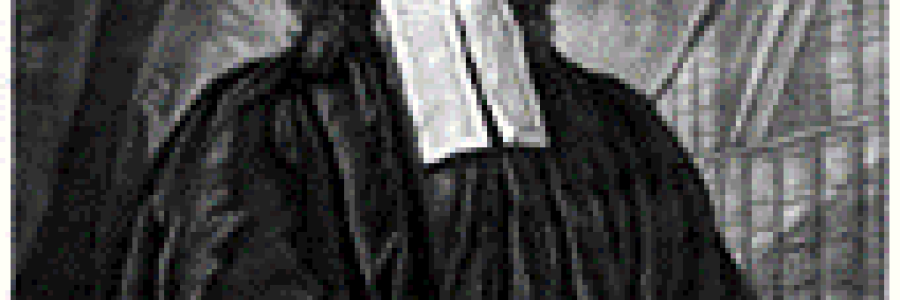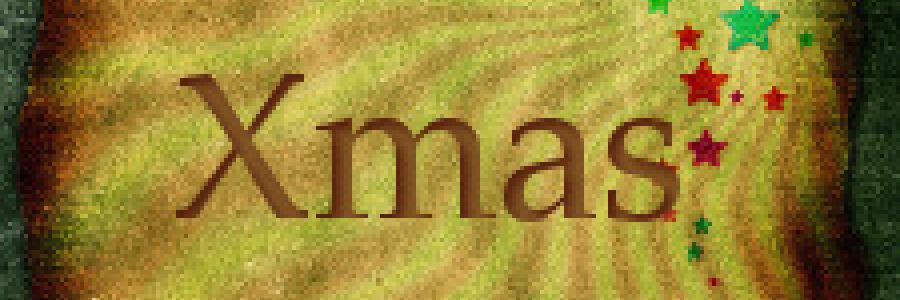Wesley Against Calvinism (Part 1)
In 1739, George Whitefield sailed for the American Colonies. He was headed back to the colony of Georgia, having just concluded a great ministry in London, Gloucester, Bristol and points in-between. He had returned to England to raise funds for an orphan home he planned to establish in Georgia. While raising these funds, finding the pulpits of many Church of England congregations closed to him, Whitefield began to preach in the open air.



Discussion